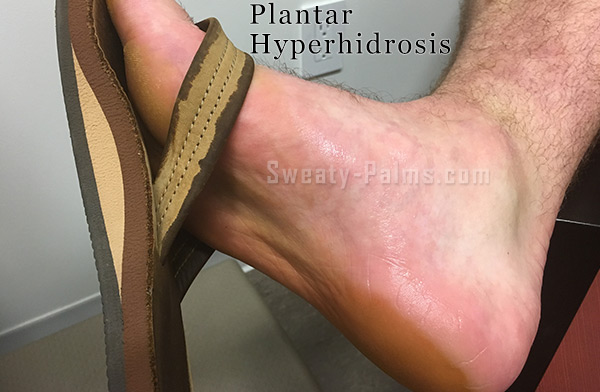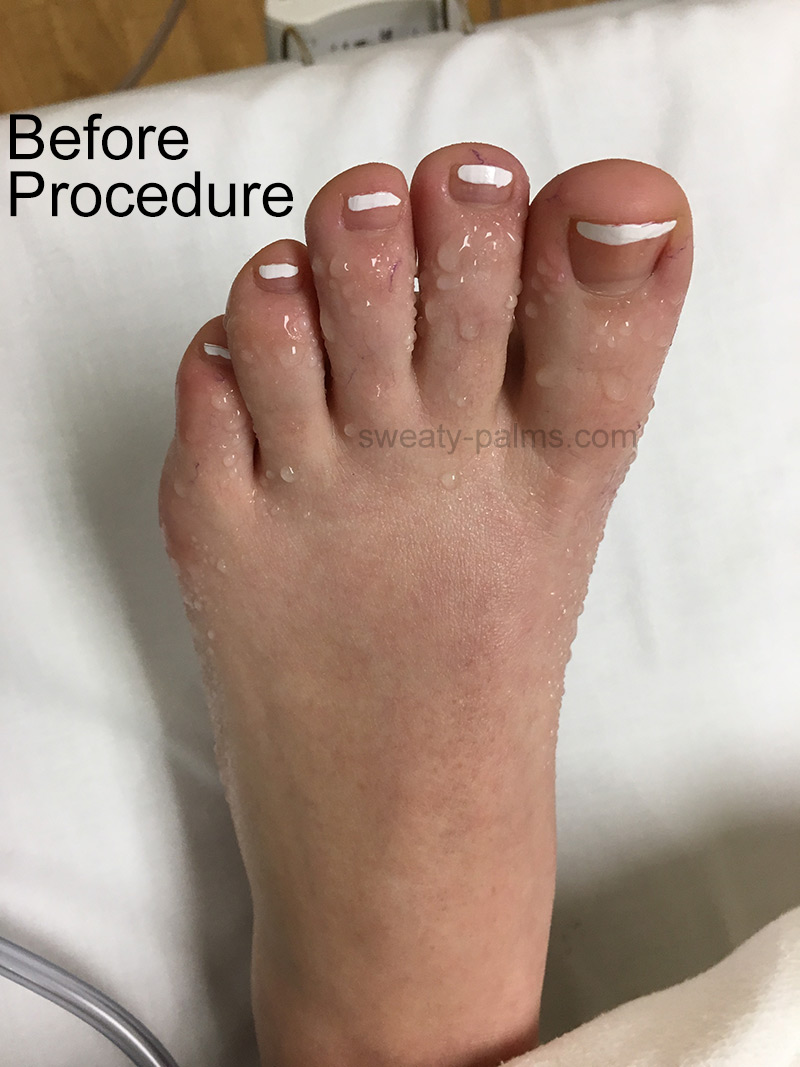Dermatology Tips and Treatments for Hyperhydrosis of Hands: Cutting-edge Solutions
Dermatology Tips and Treatments for Hyperhydrosis of Hands: Cutting-edge Solutions
Blog Article
Comprehending the Origin of Excessive Sweating and Its Influence on Daily Life
While it is generally recognized as a physical reaction to regulate body temperature level, the triggers for too much sweating can vary commonly among individuals, encompassing not only physical elements but mental and likewise emotional components. By diving into the root triggers of hyperhidrosis and exploring its complex impacts, a deeper understanding of this prevalent problem can be acquired, dropping light on the complexities that people grappling with extreme sweating navigate on a day-to-day basis.
Physiology of Sweat Glands
The guideline of sweat production, an essential physical process, is mostly controlled by the task of sweat glands dispersed across the body. Sweat glands are classified into 2 main kinds: eccrine and apocrine glands. Eccrine glands are the most countless and are discovered in almost all locations of the body. They play a vital function in thermoregulation by secreting a watery fluid onto the skin's surface, which evaporates and assists cool down the body down. On the other hand, apocrine glands are focused in locations rich in hair roots, such as the underarms and groin, and their secretions are thicker and milky in look.
When the body temperature increases, either as a result of exercise, heats, or emotional stress and anxiety, the nerve system activates the gland to produce sweat. This sweat is composed mostly of water and electrolytes like salt and chloride. The process of sweat manufacturing is important for preserving the body's inner temperature level within a narrow, optimal variety, highlighting the essential role sweat glands play in human physiology.
Triggers for Excessive Sweating
In recognizing the source of excessive sweating, it is vital to recognize the triggers that can lead to this physiological response. Excessive sweating, likewise known as hyperhidrosis, can be motivated by different elements, both physiological and ecological. One typical trigger is emotional anxiety or anxiousness, which can boost the body's gland to generate even more sweat than is needed for cooling down. Physical physical effort, heats, and spicy foods are additionally recognized to cause too much sweating in people vulnerable to this problem. Specific medical conditions like hyperthyroidism, menopause, or diabetes mellitus can add to extreme sweating as well.
Furthermore, drugs such as some antidepressants, opioids, and specific supplements can additionally act as triggers for hyperhidrosis. Recognizing these triggers is necessary in handling too much sweating efficiently - Sweaty hands treatment. By identifying and resolving the particular triggers that motivate excessive sweating in an individual, doctor can create individualized therapy strategies to minimize this problem and improve the individual's quality of life
Medical Conditions Associated
Related to excessive sweating are different clinical conditions that can worsen this physical reaction. One typical problem is hyperhidrosis, a disorder defined by extraordinarily increased sweating that surpasses the body's thermoregulatory demands. This can manifest in focal locations like the hands, soles, underarms, or face, impacting an individual's lifestyle as a result of social embarrassment and discomfort.
Moreover, endocrine problems such as find out here hyperthyroidism, diabetes, and menopausal warm flashes can also lead to excessive sweating. Hyperthyroidism causes an overflow of thyroid hormonal agents, increasing metabolic rate and causing sweating. Diabetes can induce sweating episodes, particularly throughout hypoglycemic episodes when blood sugar level degrees go down as well low. Menopausal hot flashes, credited to hormonal variations throughout menopause, can create abrupt and intense sweating, often accompanied by flushing and heart palpitations.
Additionally, infections like hiv, endocarditis, and tuberculosis have been related to night sweats, a common signs and symptom recognized to interrupt sleep and influence overall health. These clinical conditions highlight the varied variety of underlying factors that can add to extreme sweating, necessitating thorough analysis and administration by healthcare experts.
Emotional and Mental Variables

Influence on Social Interactions
Excessive sweating can have profound impacts on a person's ability to engage easily in social interactions. The visible indicators of sweat spots or damp spots on garments can lead to shame and self-consciousness, causing people to take out from social scenarios. This withdrawal can impact connections, restriction social activities, and impede individual and expert view publisher site development.

In addition, the anxiousness and self-esteem problems coming from too much sweating can influence interaction and social abilities. Individuals may struggle to focus on conversations, take part in team tasks, or share themselves with confidence. This can bring about sensations of seclusion and isolation, as social links come to be testing to keep.
Verdict

While it is commonly recognized as a physical action to regulate body temperature, the triggers for extreme sweating can vary widely amongst people, including not only physical factors yet likewise emotional and psychological aspects. By delving right into the origin causes of hyperhidrosis and discovering its diverse effects, a much deeper understanding of this prevalent issue can be obtained, dropping light on the complexities that people grappling with extreme sweating navigate on a day-to-day basis.
Physical effort, high temperatures, and spicy foods are likewise known to cause extreme sweating in individuals susceptible to this condition. By recognizing and dealing with the details triggers that trigger too much sweating in a private, healthcare carriers can establish personalized therapy strategies to ease this condition and enhance the person's high quality of life.
Too much sweating can my link have profound impacts on an individual's capability to involve conveniently in social communications.
Report this page